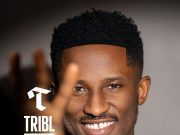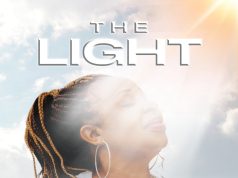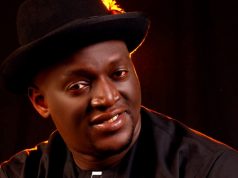U.S. Supreme Court Backs Christian Baker
The U.S. Supreme Court on Monday handed a victory on narrow grounds to a Colorado Christian baker who refused based on his to make a wedding cake for a gay couple, stopping short of setting a major precedent allowing people to claim religious exemptions from anti-discrimination laws.
The justices, in a 7-2 decision, said the Colorado Civil Rights Commission showed an impermissible hostility toward religion when it found that baker Jack Phillips violated the state’s anti-discrimination law by rebuffing gay couple David Mullins and Charlie Craig in 2012. The state law bars businesses from refusing service based on race, sex, marital status or sexual orientation.
The court concluded that the commission violated Phillips’ religious rights under the U.S. Constitution’s First Amendment.
But the justices did not issue a definitive ruling on the circumstances under which people can seek exemptions from anti-discrimination laws based on religion. The decision also did not address important claims raised in the case including whether baking a cake is a kind of expressive act protected by the Constitution’s free speech guarantee.
Two of the court’s four liberals, Stephen Breyer and Elena Kagan, joined the five conservative justices in the ruling authored by Justice Anthony Kennedy, who also wrote the landmark 2015 decision legalizing gay marriage nationwide.
The baker case became a cultural flashpoint in the United States, underscoring the tensions between gay rights proponents and conservative Christians.
Both sides claimed a measure of victory. The couple’s supporters noted that the ruling embraced the importance of gay rights and made it clear that businesses open to the public must serve everyone. The baker’s lawyers said the ruling emphasized that the government must respect religious beliefs.
“The laws and the Constitution can, and in some instances must, protect gay persons and gay couples in the exercise of their civil rights, but religious and philosophical objections to gay marriage are protected views and in some instances protected forms of expression,” a summary of court’s majority opinion states.
“While it is unexceptional that Colorado law can protect gay persons in acquiring products and services on the same terms and conditions as are offered to other members of the public, the law must be applied in a manner that is neutral toward religion.”
The court reasoned that Phillips use of his artistic abilities to make a wedding cake carries a “significant First Amendment speech component and implicates his deep and sincere religious beliefs.”
“His dilemma was understandable in 2012, which was before Colorado recognized the validity of gay marriages performed in the State and before this Court issued United States v. Windsor,” the ruling explained. “Given the State’s position at the time, there is some force to Phillips’ argument that he was not unreasonable in deeming his decision lawful.”
In one exchange at a 2014 hearing before the commission cited by Kennedy, former commissioner Diann Rice said that “freedom of religion, and religion, has been used to justify all kinds of discrimination throughout history, whether it be slavery, whether it be the Holocaust.”
Kennedy said the commission ruled the opposite way in three cases brought against bakers in which the business owners refused to bake cakes containing messages that demeaned gay people or same-sex marriage.
Republican President Donald Trump’s administration, which intervened in the case in support of Phillips, welcomed the ruling. “The First Amendment prohibits governments from discriminating against citizens on the basis of religious beliefs,” Attorney General Jeff Sessions said in a statement.
Follow us on Twitter












